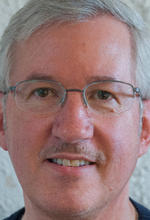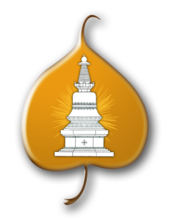
May all sentient beings have happiness and the causes of happiness
May all sentient beings be free from suffering and the causes of suffering
May all sentient beings be inseparable from the happiness that is free from suffering
May all sentinet beings abide in equanimity, free from attachment for friends and hatred for enemies
The Four Immeasurables are powerful and inviting meditation techniques to activate the heart of kindness, counter the distortions in our relationships to ourselves, and deepen our relationships to others.
In this weekend course with Don Handrick, we will explore these four attitudes – the cultivation of equanimity, loving-kindness, compassion, and empathetic joy –and learn how to skillfully advance them to a limitless degree, eventually making our hearts as wide as the world.
On Saturday and Sunday, we invite students to bring lunch and eat together while discussing the morning's teachings.
 |
|
Schedule:
Friday, July 6 7 - 9 pm
Saturday, July 7 10am - 12:30 pm
lunch break 12:30 - 2 pm
2-4 pm
Sunday, July 8 10:30 am - noon
lunch break 12:30 - 2 pm
2-4 pm
|
Kadampa Center has for many years operated within the ideal of offering teachings without charging a fee, so that money is not an obstacle for anyone to hear the precious teachings and participate in the practices. We rely on the generous hearts of those who are moved to support the spiritual offerings and keep them open to everyone regardless of ability to pay.
Learn more about Don here.
You can support the teachings here
SUPPORT THE TEACHINGS

